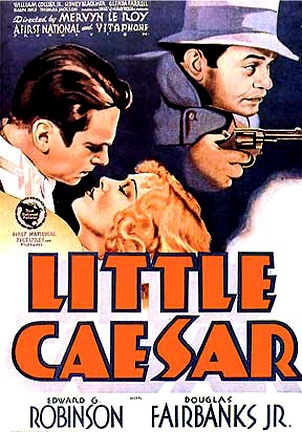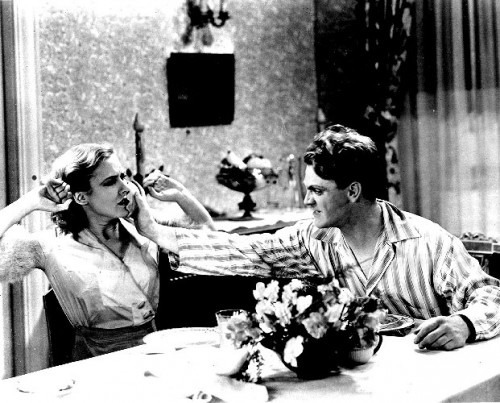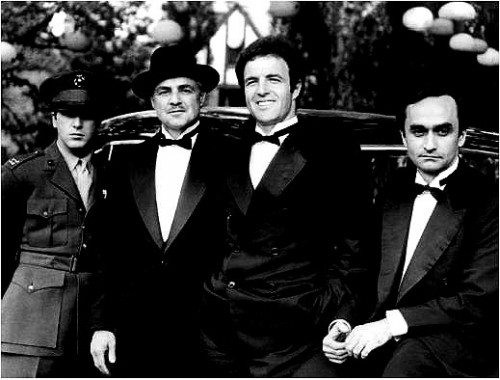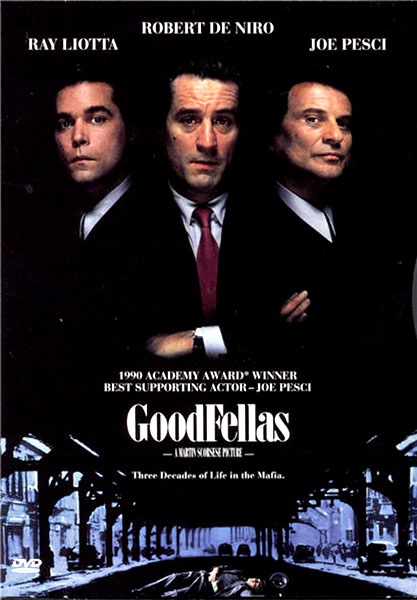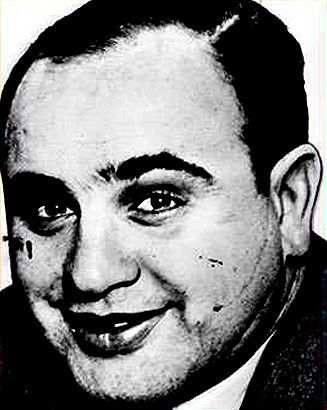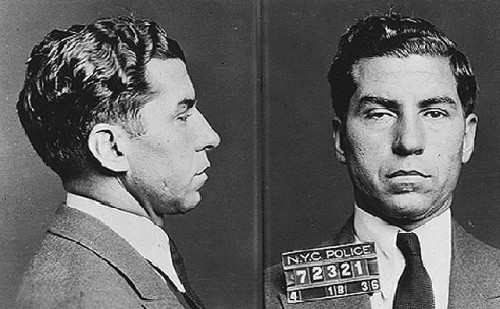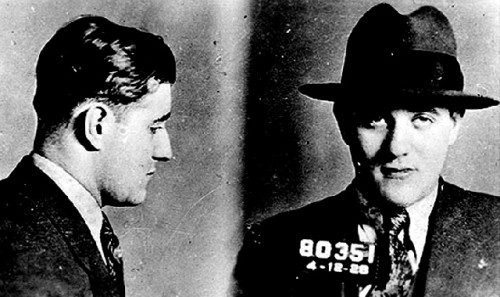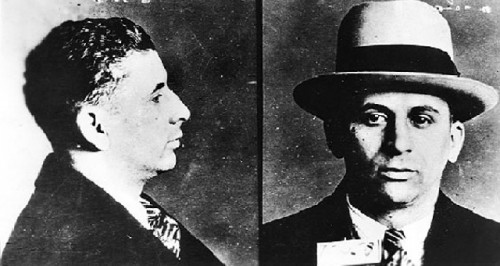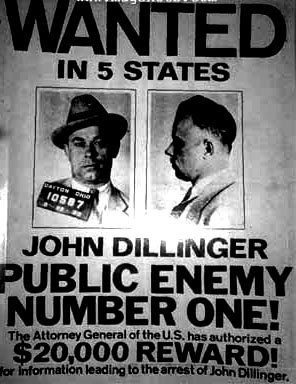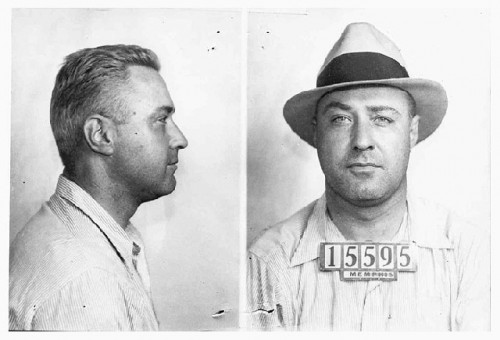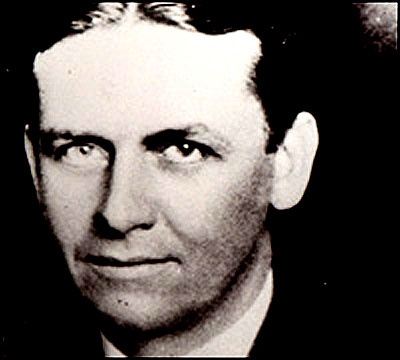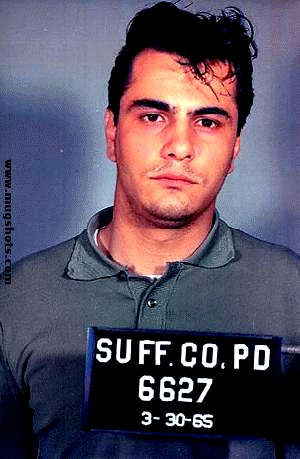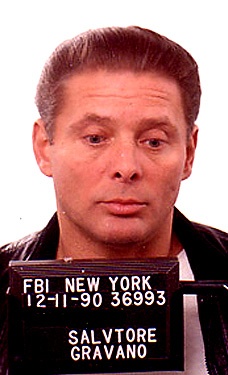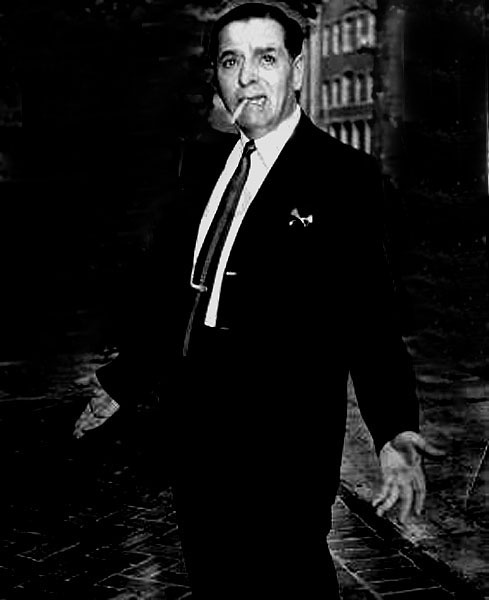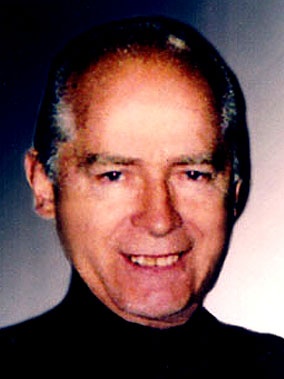Sopranos Blackout
HBO Series Sleeps with the Fishes
By: Charles Giuliano - Jun 12, 2007
Millions of outraged and concerned Sopranos fans thought there was something wrong with their TV sets as suddenly the closing scene was a blackout. The credits rolled without the usual musical score. Then sound returned with the HBO logo. The debate continues with a general rift between those who feel the final episode was, the ultimate cliff hanger to be followed by an inevitable big screen sequel, and others who see it as yet another brilliant and fitting touch by its originator, David Chase. After so many seasons of twists and turns, so, what else is new?
Arguably, the high point of the evening was seeing Phil Leotardo, Tony's nemesis and leader by default of the New York mob, outwitted and literally squashed like a bug. And what about the grandchildren drifting off in a locked car with the gear in drive? The previous week Tony had assured a shaken Carmella that "in these things they never go after the families." But this development appears to be an accident and collateral damage. In the ultimate chess match it came down to a contest between the ruthless thug Leotardo, going against the advice of his inner circle to put a hit on the leadership of the New Jersey mob, and the ever crafty Soprano who played an FBI agent for a tip on Leotardo's location.
In a sitdown between leaders of the warring factions (minus Leotardo who was in deep cover) a deal was brokered to end the bloody conflict. It is pure Machiavellian self interest which prevails. Just make this go away and we can split the action. But Tony has conditions. How about something for his sister Janis? She has lost her husband Bobby and as Tony's sister and a widow deserves a little something for her troubles. It is agreed that New York will come up with a number. But Tony wants more. He suggests that the New York mob give up Leotardo. They waver on that. Even though he is the cause of all the agita that's asking for too much. But with a shrug and a look the other way they imply cryptically that "You do what you have to do." Curiously in this brokering no mention is made of the fact that Tony's second in command, Silvio Dante, lays in a coma from which he is unlikely to recover (until the movie).
So what is the point of the fade to black ending? Is it pure existentialism? Some kind of HBO statement that being precedes essence? A kind of artistic metaphor and non sequitor? Or a calculated move on the part of the series creator, David Chase, to make the transition from HBO to the bigger payoff of Hollywood? Is that the true after life for an epic gangster drama that America is so reluctant to let go of? Had Chase opted to bump off the family, or send them into witness protection, it would put to rest any possibilities of a comeback.
But Chase embedded some interesting cinema history in the final scene in the diner. Just as "The Untouchables" quoted from Serge Eisenstein's silent film "Battleshop Potemkin," by having a baby carriage bump down the stairs during a shootout led by FBI guy Elliott Ness, here Chase quotes from the ultimate mob film "The Godfather." An unidentified man at the counter, who appears to pay a lot of attention to Tony and his family, gets up, like Michael Corleone during a sit down with a crooked cop and rival thug, to go to the bathroom. There to retrieve the gun hidden in the toilet and come out shooting? Is the plan to wipe out Tony and his family because of the possibly dead grandchildren of Leotardo? An eye for an eye in Biblical terms because Tony's hitman inadvertently went over the line? Are we to imply that Meadow survives the hit because she is late parking her car? Why did Chase make such a big deal over Meadow's ineptitude in the basics of parallel parking? Will she be the sole survivor, and kick ass attorney, who will save the family honor?
Meantime, Chase himself appears to be in France or is it witness protection as a soybean farmer in Iowa? Right now he vants to be alone and will not discuss the unhappy ending. Nor will the cast. There appears to be a code of silence on the entire issue. All of which just spells sequel. Let's hope Chase comes up with something better than "Godfather Three."
But the real question is what is it about American audiences and mobsters? The fascination dates back to Prohibition and the 1920s. Arguably, Al Capone (Scarface) was the first celebrity mobster. They finally nailed him on tax evasion and he died in prison of complications of syphilis. Decades later John Gotti, the Dapper Don who violated basic Mafia protocol by languishing in the media, also died a terrible death in prison with cancer of the jaw.
Hollywood loves gangsters from "Little Caesar" to "Public Enemy" and "Scarface" in the 1930s to the "Godfather" "Goodfellas" "Scarface," the Pacino remake "Say hello to my little friend," and Scorsese's recent "The Departed" based on Boston mobster Whitey Bulger.
From Al Capone, John Dillinger, Machine Gun Kelly, Lucky Luciano, Bugsy Siegel, Meyer Lansky, Vito Genovese, Bonnie and Clyde, John Gotti and Sammy the Bull Gravano, to Ray Patriaca, Hollywood, TV and the media feed us a constant diet of cops and robbers. On any given night viewers are sure to get their fix of murder and mayhem on TV. From Law and Order to CSI and The Shield there are endless variations on the theme.
So, how was "The Sopranos" different? Well, yes and no. There were times when we were drawn in by the nuances of family and relationships. We watched as A.J. and Meadow grew up and changed from kids to young adults. Tony grappled with his psyche in all those sessions with Dr. Melfi. Now and then Chase lurched into scenes of Ultra Vi. We were reminded from time to time that these characters with whom we bonded and found sympathy were ruthless thugs and killers. The message was don't get too close these people are dangerous. Don't feed the animals.
But is that animal within us? It is very significant that this make believe violence, the last three episodes were particularly gruesome, is playing out when there is a very real war going on costing American lives on a daily basis. Is all this pretended mayhem just a way of subliminally dealing with the deep denial of the blood on the hands of the American psyche happening so far from home? It is significant that the weak and pathetic A.J. was more and more agitated by war, acts of global terrorism and threats to the environment. In the final episode he plans to enlist, learn Arabic, fly helicopters, and build a resume for a post military career. Tony and Carm talk him into becoming a producer for a Mafia front film company and perhaps eventually open that nightclub so many teens fantasize about. So is A.J. a paradigm of the confused and corrupted American psyche? Like Paris Hilton perhaps what we need is 45 sobering days of lockup and not another Mafia sequel. The gut feeling on all this is that some bad shit is going down and it ain't going to be make believe. Maybe that's what Chase means by fade to black. Film at eleven.

